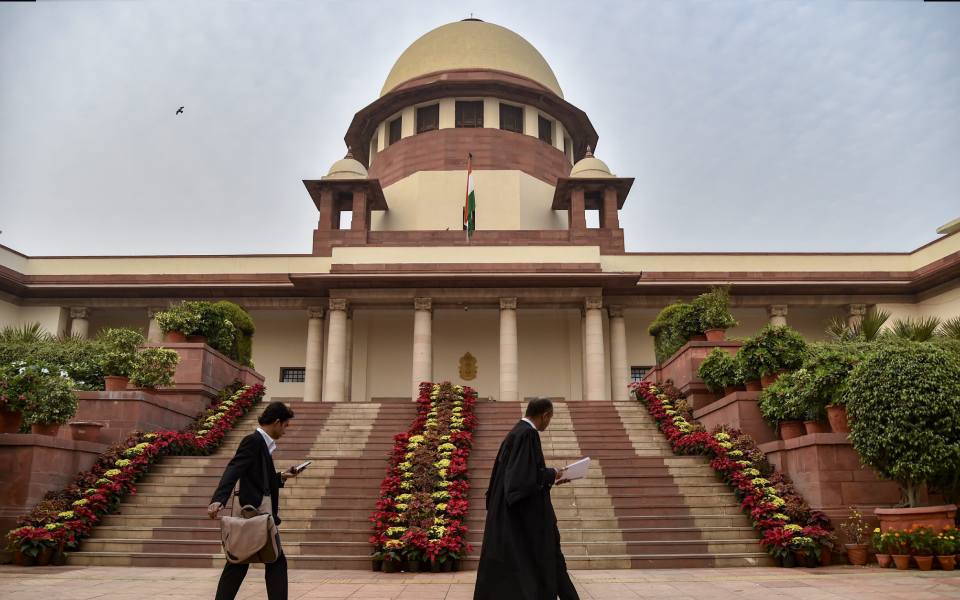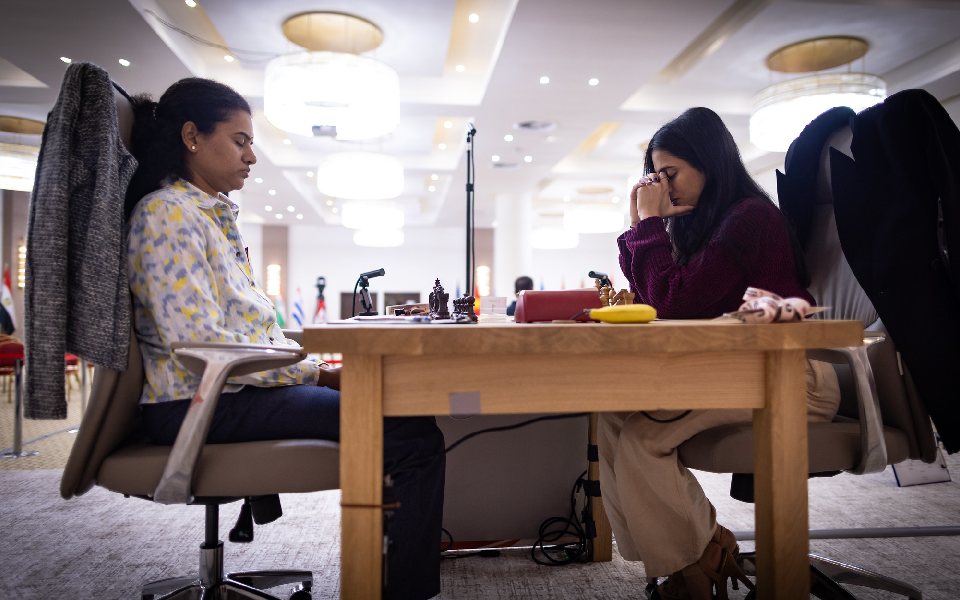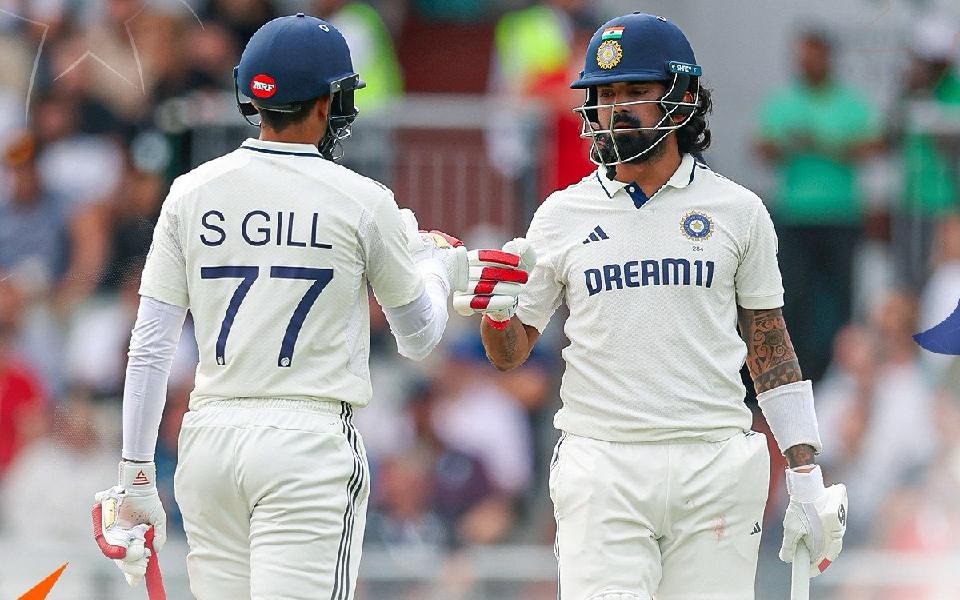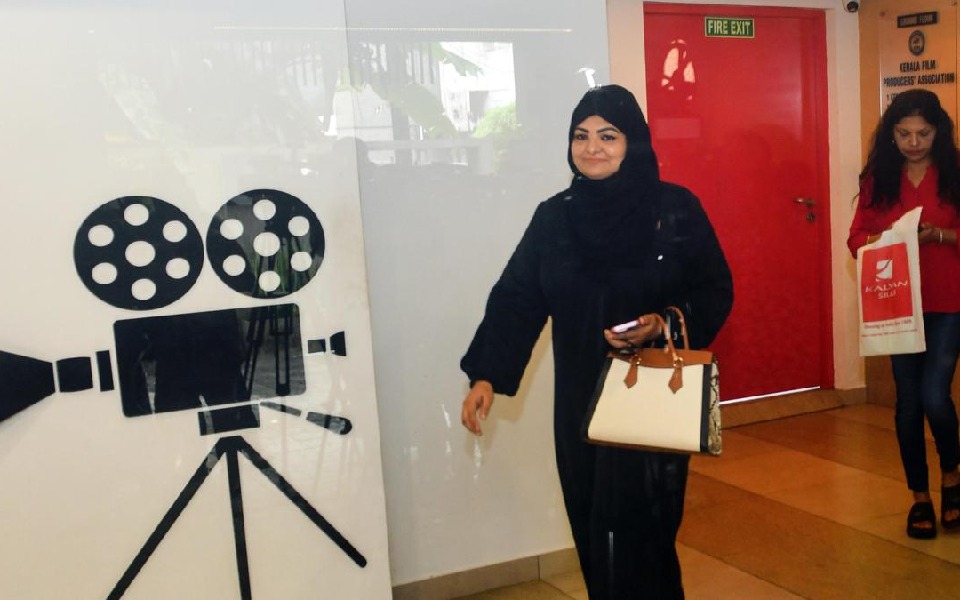New Delhi, Aug 17: State governments should not be selective in granting remission to convicts and the opportunity to reform and reintegrate with society should be given to every prisoner, the Supreme Court Thursday told the Gujarat government which defended its decision of premature release of all 11 convicts in the Bilkis Bano gang-rape case during the 2002 riots.
The top court's observation came in response to the submission by Additional Solicitor General S V Raju, appearing for the Gujarat government, that law says a chance must be given to even the hardened criminals to reform themselves.
The law officer submitted the crime committed by the 11 convicts was "heinous" but does not fall in the rarest of rare category.
"Therefore, they deserve the chance of reformation. Person may have committed the offence...Something may have gone wrong in a particular moment. Later, he can always realise the consequences.
"This can largely be determined from their conduct in jail, when released on parole, or furlough. All these show they have realised what they had done is wrong. Law is not that everyone should be punished perpetually. Chance should be given for reformation," Raju said.
Responding to the submission, a bench of Justices BV Nagarathna and Ujjal Bhuyan wanted to know how far the law is being applied to other inmates in jail.
"Why are our jails overcrowded? Why is the the policy of remission being applied selectively?
"Opportunity to reform and reintegrate must be given to every prisoner not only to few prisoners. But how far is remission policy being implemented where the convicts have completed 14 years? Is it being applied in all cases?" the bench asked Raju.
The ASG replied that all states will have to answer this question and that the remission policy varies from state to state.
Commenting on the remission policy of states, the bench said the question is whether the policy of premature release is being implemented uniformly in all cases in respect of all those who have completed 14 years and are eligible for it.
"On the other hand, we have cases like Rudul Shah. Even though there was an acquittal, he continued to remain in prison. Extreme cases, both this side and that side," the bench said.
Rudul Shah was arrested for his wife's murder in 1953 and was in jail for many years, in spite of his acquittal by a sessions court in June 3, 1968. He was finally released in 1982.
The ASG submitted the opinion given by the CBI on remission of the sentence of the 11 convicts shows there was no application of mind.
The CBI had said the offence committed was "heinous, grave and serious" and hence the convicts "cannot be released prematurely and no leniency may be given" to them.
Raju said,"They just narrate facts. Except for stating the offence was heinous, nothing is mentioned. Officer sitting in Mumbai has no knowledge of ground reality. Opinion of local police superintendent more useful than that of CBI officer in this case.
"CBI's opinion has no application of mind. They have repeated the facts and said it's a heinous crime. What is the purpose of remission? Does committing a heinous crime debar you from getting its (remission's) benefit?" Raju said.
The hearing in the case will resume on August 24.
At the earlier hearing, TMC MP Mahua Moitra had told the apex court that the gang-rape of Bilkis Bano and murder of seven of her family members during the 2002 Gujarat riots were a "crime against humanity", and accused the Gujarat government of having failed to exercise its constitutional mandate of protecting the rights of women and children by granting remission to the 11 convicts in the "horrendous" case.
Besides the petition filed by Bilkis Bano contesting the remission granted to them, several other PILs including one by CPI(M) leader Subhashini Ali, independent journalist Revati Laul and former vice-chancellor of Lucknow University Roop Rekha Verma have challenged the remission. Moitra has also filed a PIL against the remission.
Bilkis Bano was 21 years old and five months pregnant when she was gang-raped while fleeing the horror of the communal riots that broke out after the Godhra train-burning incident. Her three-year-old daughter was among the seven family members killed in the riots.
Let the Truth be known. If you read VB and like VB, please be a VB Supporter and Help us deliver the Truth to one and all.
Batumi (Georgia), Jul 26 (PTI): Young Indian International Master Divya Deshmukh held her nerves to hold stalwart Koneru Humpy to a draw in game 1 of the FIDE Women's World Cup final, with both players having their share of opportunities to take the lead here on Saturday.
The draw with black means Humpy, the two-time World Rapid champion, holds a slight edge going in the second and final game under the classical chess rules in the two-game mini-match, and should the deadlock continue, games of shorter duration will be played to determine the winner.
Humpy employed the Queen's gambit accepted as black and it turned out to be a pretty fascinating game right out of the opening as Divya, 19, came up with a piece sacrifice early to deny the black king the right to castle.
Humpy was the first to err and, according to computers, Divya had things under control on the 14th move. However in her bid to recover the extra material, the Nagpur girl, who has secured a place in the Candidates tournament with her sterling performance here, missed a promising continuation.
What followed the exchange of all minor pieces and the ensuing queen and rook endgame gave enough counter play to both players. The game was eventually drawn after Humpy sacrificed her rook to force perpetual checks.
"The game saw an extremely sharp battle with the game ending in a draw in 41 moves. On move 7, Divya made her aggressive intentions clear by offering another pawn,
which looked like home preparation. Humpy made a practical decision of refraining from taking the pawn and a balanced position was reached by move 10 by white," said Grandmaster Pravin Thipsay, an Arjuna awardee and the first Indian to get a chess Grandmaster norm.
"However, instead of developing the undeveloped Knight, Humpy retreated the centralised Knight on move 10, giving huge positional advantage to Divya. Divya could have gained huge positional advantage on the 12th move by moving a rook. However, she chose to play for King side attack by sacrificing a piece instead.
"Humpy, too, erred at this stage and instead of moving the King to Queen side, moved it to the King side. Divya, on move 14, could have obtained a crushing attack by threatening a mate by developing her Queen. Instead she chose to exchange a pair of Bishops first, which enabled Humpy to defend her King by returning the piece," said Thipsay.
"Players thus reached a balanced Queen and two Rooks ending. Divya continued to play ambitiously and tried to attack Humpy’s King but the latter defended accurately and the game was drawn in 41 moves by perpetual check," he added.
In the play-off for the third place, Chinese players Zhongyi Tan, the former women's world champion and top seed Lei Tingjie also decided to split points out of a Queen’s gambit declined game.
The opening raised visions of a close contest between the two but having been knocked out of title race in the previous round, none of them wanted to take any huge risk. It was still a middle game when the players shook hands.
With the top two positions sealed for the Indians, the berth to the next Candidates is also assigned, while the player finishing third will also get an entry to the premier event scheduled for 2026.
Results: Divya Deshmukh (Ind) drew with Koneru Humpy (Ind); Zhongyi Tan (Chn) drew with Tingjie Lei (Chn).





